Is Reiki suitable for all ages?
Reiki is certainly suitable for people of all ages. In the UK it is used in various contexts, including private practice, complementary therapy centres, GP surgeries, hospitals, hospices, cancer support groups, autism centres, post-operative recovery, drug rehabilitation, prisons, HIV/AIDS centres, and in the care of the elderly. Children respond well to Reiki but need much shorter sessions, with a parent/guardian present.
I’ve heard that Reiki is used in palliative care – why is this?
Alongside other complementary therapies, Reiki is often offered in UK hospices. Terminal illness indicates there is no immediate cure but symptoms can often be relieved, and side-effects and pain managed better with therapies such as Reiki. Significantly, as Reiki can also benefit on a mental and emotional level, many report feeling more serene and calmer after a Reiki treatment.
So where’s the research basis for Reiki?
For an insight into the current credible research on the efficacy of Reiki, I’d recommend a look at the medical papers listed on Pamela Miles’ website.
Also the International House of Reiki cites some scientific studies on Reiki here.
There are now many more randomised, double-blind, and placebo-controlled studies on the positive effects of Reiki—I’m currently working on uploading a summary to this website.
Is Reiki a religion?
Reiki is certainly not a religion, but it has a spiritual side in that the Reiki practitioner is trained to work with a quiet, well-intentioned and meditative state of mind.
As a part of our training, we are encouraged to try to follow 5 principles in our own lives, to ground the Reiki treatments within a good quality intent. The precepts are: 'Just for today, I will not anger; I will not worry; I will be kind to others; I will work hard (spiritually); I will be grateful.' These simple yet powerful precepts fitted quite comfortably with my own ideals and faith and I find them helpful in my work.


